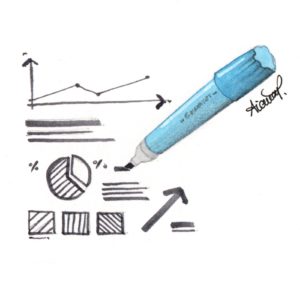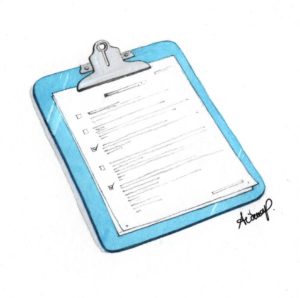If you need to follow APA Style and are wondering if all entries in your reference list must be cited in the main text, you need to first understand the difference between a reference list and a bibliography.
APA Style reference list vs. bibliography
In general, the journals that follow APA Style use reference lists, not bibliographies. So, if you’re writing an APA research paper, you most likely need to create a reference list. Reference lists and bibliographies belong to different species.
A reference list has only the works cited in the text. In contrast, a bibliography comprises not only some or all the works cited in the text but also other works not mentioned in the text. These can be sources the author consulted in the preparation of the text, works recommended for further reading, or both. Also, bibliographies may contain notes (annotated bibliographies). Read More






